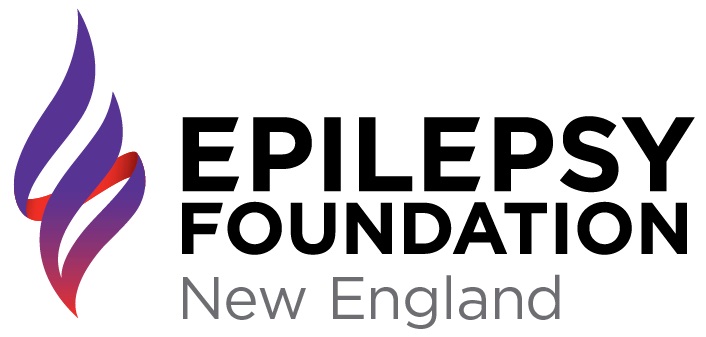What Is SUDEP?
Sudden Unexpected Death In Epilepsy (SUDEP) is when someone with epilepsy dies unexpectedly, although the death is not always obviously related to a seizure. SUDEP is the leading cause of death in people with uncontrolled epilepsy.
Clinically, SUDEP is defined as “the sudden, unexpected, witnessed or unwitnessed, non-traumatic and non-drowning death in a person with epilepsy, with or without evidence for a seizure, and excluding documented status epilepticus, in which postmortem examination does not reveal a structural or toxicological cause for death.”
How Common Is SUDEP?
Each year, roughly 1 in every 1,000 adults and 1 in 4,500 children with epilepsy will die from SUDEP. We know that SUDEP occurs more frequently in people with epilepsy whose seizures are poorly controlled.
A major risk factor for SUDEP is generalized tonic clonic seizures. For people with frequent (more than 3 per year) generalized tonic clonic seizures the risk for SUDEP increases to about 18 in every 1000.
What Causes SUDEP?
The exact cause of SUDEP is not known. Researchers are examining many different possibilities to better understand the risks, causes and ways to prevent SUDEP. Current research investigating the cause of SUDEP is examining the role of abnormal breathing (apnea) and abnormal heart rhythms related to seizure activity.
Scientists are also working to try to localize areas of the brain which may be involved in SUDEP and potential genetic factors which may predispose a person to SUDEP. Advances in research will make it possible to identify critical risk factors to aid in preventing lives lost to SUDEP.
What Are The Risk Factors For SUDEP?
The major known risk factor established for SUDEP is the presence and frequency of generalized tonic clonic seizures. People who have more than 3 generalized tonic clonic seizures per year have a 15-fold increased risk of SUDEP. Nocturnal seizures may also increase risk, because of difficulty breathing sometimes present following a seizure.
Unwitnessed nocturnal seizures, and breathing difficulties that occur following a seizure can cause SUDEP. Some other risk factors being further investigated include:
- poor compliance with medication
- never having been treated with a seizure medication
- stopping or changing medications suddenly
- young adult age (ages 20-40 more at risk)
- number of seizure medications used overall
- the presence of an intellectual disability/an IQ of less than 70
- the region of the brain where seizures originate
- genetic risk factors
- gender differences (more common in males)
How Can You Reduce The Risk of SUDEP?
At Epilepsy Foundation New England, we are working to raise awareness, provide education and resources to families, aid in linking families to bereavement support, honor loved ones lost to SUDEP and other reasons related to epilepsy, and provide ongoing supportive listening through our HELP desk services.
Epilepsy Foundation New England works together with the National Epilepsy Foundation’s SUDEP Institute, which also drives and supports research into the causes of, and ways to prevent SUDEP. Those individuals looking to reduce the risk of SUDEP are advised to:
- Obtain referral to an epilepsy center with a specialized epilepsy team of caregivers, especially if you experience uncontrolled seizures
- Take seizure medication exactly as it is prescribed, regularly and reliably
- Keep all regular appointments with your epilepsy doctor, even if your seizures are well controlled
- If your seizures are poorly controlled, ask your doctor about having a cardiac evaluation completed
- Identify your triggers for seizures and work to reduce your triggers
- Discuss other treatment options (surgery, devices, dietary therapy) with your doctor if your medications are not controlling your seizures
- If you have frequent generalized tonic clonic seizures and nocturnal seizures consider having a family member provide night time supervision or take precautions by using a remote listening device like a monitor
- Avoid drinking alcohol or using recreational drugs
- Eat well, sleep well, exercise regularly, and minimize stress when possible to improve overall health and seizure control
Read more about Seizure Alert Devices here.

